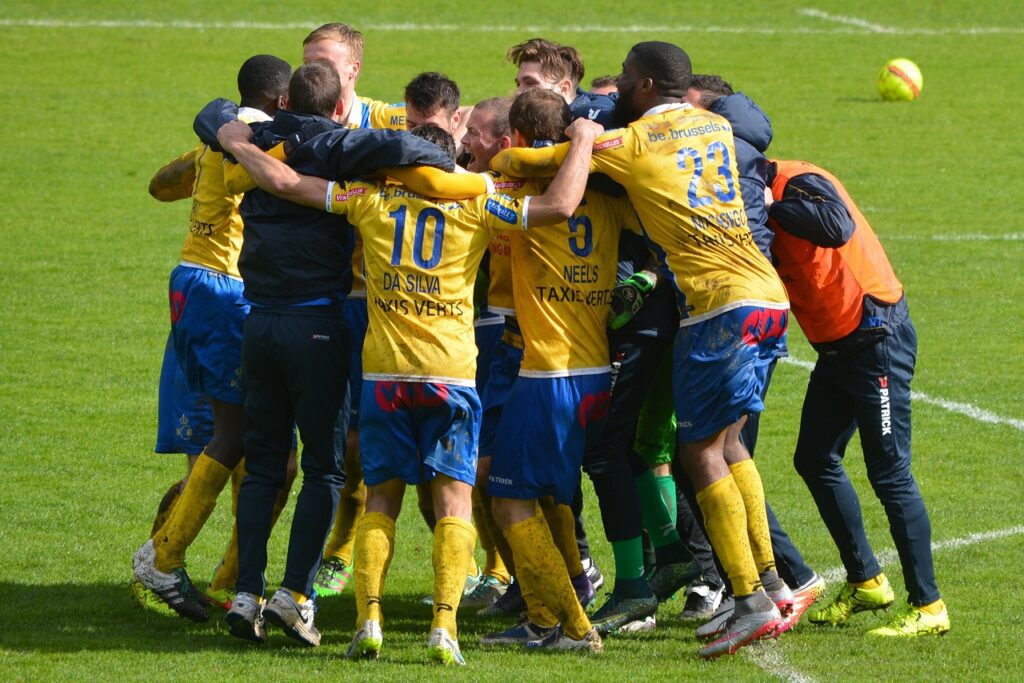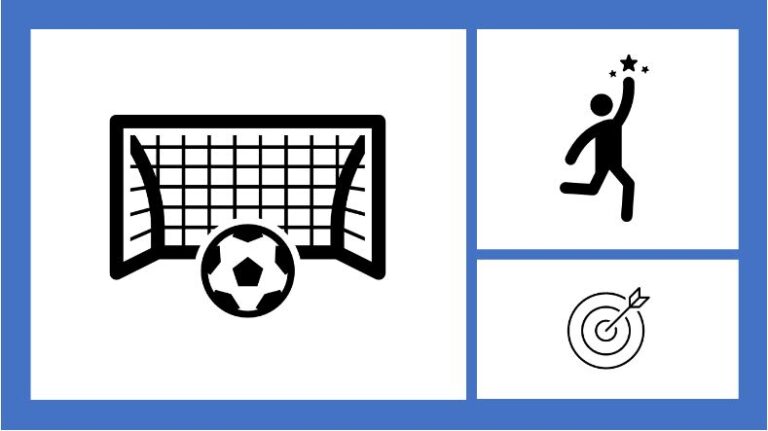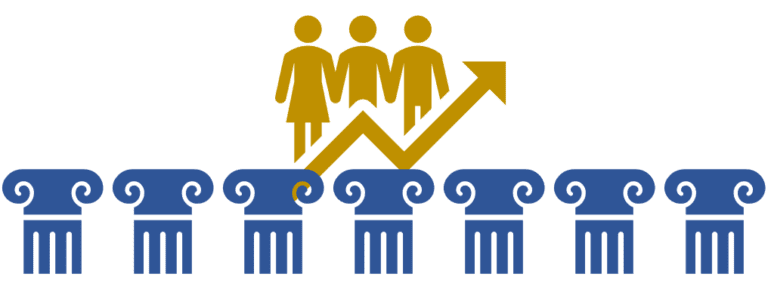Becoming A Successful Scrum Master: The Ultimate Career Guide

Scrum is one of the most popular frameworks and has been around for a while now. It is an agile process that helps software engineering teams manage complex deliveries by breaking them down into smaller, manageable time-chunks called sprints.
Scrum is designed to help teams work together more effectively and deliver working software more frequently. The scrum framework (& other agile methodologies) also help organizations deal with change and constantly evolving market demands.
Scrum Master Responsibilities
The Scrum Master (SM) plays a servant leader of the Scrum team and is responsible for ensuring that the team adheres to Scrum values, practices, and rules.
The SM is not a traditional project manager but more of a coach who helps the scrum team members to self-organize and stay focused on delivering working software.
The day-to-day job of includes:
- Facilitating scrum ceremonies like daily scrum meeting,
- Facilitating planning sessions – sprint planning, PI planning etc.,
- Help the (self organizing) teams continuously improve using sprint reviews & retrospectives
- A scrum master also works with other scrum masters and team members to manage dependencies between multiple teams.
- Create and maintain scrum artifacts that are agreed with the team & stakeholders
- Help the product owner work with the team effectively
- Coach every team member (as needed) on the scrum process/principles
The list is long, but hopefully gives you an idea of Scrum Master responsibilities.
Are you ready for a Scrum Team?
Here’s a checklist. You are ready for the job if you say believe in the principles. Scrum Methodology (& other agile methodologies/frameworks) are built on these.
- Individuals and Interactions Over Processes and Tools
- Working Software Over Comprehensive Documentation
- Customer Collaboration Over Contract Negotiation
- Responding to Change Over Following a Plan
This is a great career path for those who are looking for a challenge and want to help every scrum team member work more effectively. Scrum Masters do not need to have a background in software engineering. But it definitely helps if they have an understanding of the Scrum framework (even if it is via a certification course).

We’ll look at some of the most important questions about becoming Scrum Masters and answer them.
Is Scrum Master a good career path?
Totally! It’s is an excellent career path for those who want to help teams work together more effectively and deliver software products using the Scrum framework.
Scrum Masters are in high demand throughout the tech industry and can play a pivotal role in helping companies deliver software products that meet market demand.
They rarely stay in the same role over a long period. Starting as Scrum Master could be the door to other roles within the industry.
The scrum master career growth in the industry is one that has huge potential.
Scrum master career path- potential career paths for Scrum Masters include
- Agile Coach / Enterprise Agile coach
- Release Train Engineer / Solution Train Engineer
- Product Manager
- Project Manager
- Stakeholder / Sponsor/Business Owner
- Transformation Consultant
- Line managers
You can read more about it here.
How do I start?
Becoming a Scrum Master usually starts somewhere else in the Software Engineering / Scrum teams. It could be any of these below in the development team. Most of these are popular scrum roles, and some go beyond a team.
Note: Some of these roles are not in the scrum guide (in case you start looking).
- Project Manager
- Developer
- Analyst
- Product Owner
- Infrastructure engineer
- QA / Testing specialist
- Development team lead
You could move from any of these roles into a Scrum Masters quite easily. Sometimes a role called senior scrum master is advertised, it simply means a scrum master with more experience, the roles stay the same.
Step 1: Decide if you want the Scrum Master role
The first step is deciding if you want to become a one. It is a servant leadership role and you need to have the passion to help the team.
You need to be able to let go of your ego and be the servant leader your team needs you to be.

Research the Scrum Master role in detail before you decide to jump. Scrum master jobs are unique, a scrum master focuses on helping their scrum team and like to keep the focus away from themselves.
Scrum Master vs Project Manager
A Scrum Master is not a traditional management role but more of a coach who helps the team to self-organize and stay focused on delivering working software. Many project managers decide to become Scrum masters without real understanding the role of a professional scrum master.
Project managers are responsible for the overall success of the project and manage the timeline, budget, and resources.
Scrum Master is responsible for ensuring that the team adheres to Scrum values, practices, and rules.
A scrum master serves the team primarily. A project manger leads the team primarily.
OK, You have done your research. You know the difference between a Scrum Master vs Project Manager.
Note: There is no such thing as scrum project management. You can’t just add a ‘scrum’ to the title and pretend to be something you are not.
‘Scrum master serves’ doesn’t mean they have no authority. It means they chose to not use it.

What skills are required to be Scrum Masters?
- Good understanding of the agile principles & agile practices
- Provide continuous feedback to team members
- Support the product owner in facilitating refinement of the product backlog / user stories
- Enable the team to manage dependencies when many teams are involved in the final solution
- Conflict resolution amongst team members (or even between multiple teams)
Step 2: Get A Scrum Master certification
Once you have decided to apply for Scrum Master roles, plan to get certified.
Why get certified?

1. Shows your commitment to Scrum and to continuously improving your skills.
2. Proves that you have the adequate skills and knowledge to perform the Scrum Master role (& awareness of the scrum process).
3. A Scrum Master Certification is internationally recognized and validates your Scrum Master skills.
4. Scrum Master Certification is a requirement for some Scrum Master roles in most organizations.
5. Scrum Master Certification helps you learn and apply the Scrum framework more effectively.
Can you become a Scrum Master without certification?
It is possible to get a role as a Scrum Master without a certification. But it is not easy, and usually happens within the same scrum team where you have support the of the scrum teams, product owners / product managers. The team has already seen your understanding of the scrum process/agile methodology the team follows.
Scrum teams has seen you drive scrum ceremonies / scrum events and will support your role change even
Choose the right Scrum Framework Certification
There are many Scrum Master certifications available but which one should you choose?
Certified Scrum Master (CSM)
We would recommend the Certified Scrum Master (CSM) from Scrum Alliance. Scrum Alliance is the largest and most well-known Scrum certification body. They offer worldwide recognition and have a large community of Scrum professionals.
This certification is best for organization that have chosen Scrum framework for their agile transformation journey.
The CSM certification is also slightly more affordable compared to other Scrum Master certifications.
SAFE Scrum Master from Scaled Agile
Another option is SAFE Scrum Master from Scaled Agile. This Scrum Master certification is slightly more expensive but also covers scaled agile frameworks which may be beneficial if you are looking to work in a larger organization.
Scaled Agile is usually the framework of choice when there are multiple scrum teams. In such team, the responsibilities include more dependency management than in an organization with only 2 or 3 agile teams.
How long does it take to become certified?
Both certifications can be completed in a couple of days.
Usually, there is a classroom styled session for 2 days, followed by a online test. I would recommend taking the test in the same week while your memory is fresh.
Once you have completed the certification, you will need to maintain your certification – usually by paying a fee.
I’m not a big fan of keeping certifications valid just by paying a fee. Scrum practitioners knows the fact and don’t mind if someone doesn’t renew. Most usually let the certificate expire and don’t renew it.
How much do Scrum Masters get paid?
A quick look at Glassdoor indicates $109,448 per year. This is ONLY in the USA.
Of course this is a median number. Depending on the company, Scrum Masters can be paid anything from $85k to $130k.

The salaries will also depend on your experience, location and the size of the company you work for. Generally speaking, Scrum Masters working for larger organizations will be paid more than the ones working for smaller companies.
The salaries are on par with the other key scrum roles like product owner etc.
If you are looking to become a Scrum Master, the steps are pretty simple – get some experience in software lifecycle and then get certified. Once you have your certification, you can start applying for Scrum Master roles.
Conclusion
Becoming a Scrum Master is a great way to further your career in software development. Scrum Masters are in high demand and the role comes with a very attractive salary.
The steps to becoming a Scrum Master are pretty simple – get some experience in software development and then get certified. Once you have your certification, you can start applying for Scrum Master roles.
We hope this article has you understand what is required to become a Scrum Master. If you have any questions, please feel free to leave a comment below and we will be happy to answer them. Thanks for reading!
Read more from the author on Agile, RTE & Careers . You can also follow the author here. The following posts may interesting for you.





